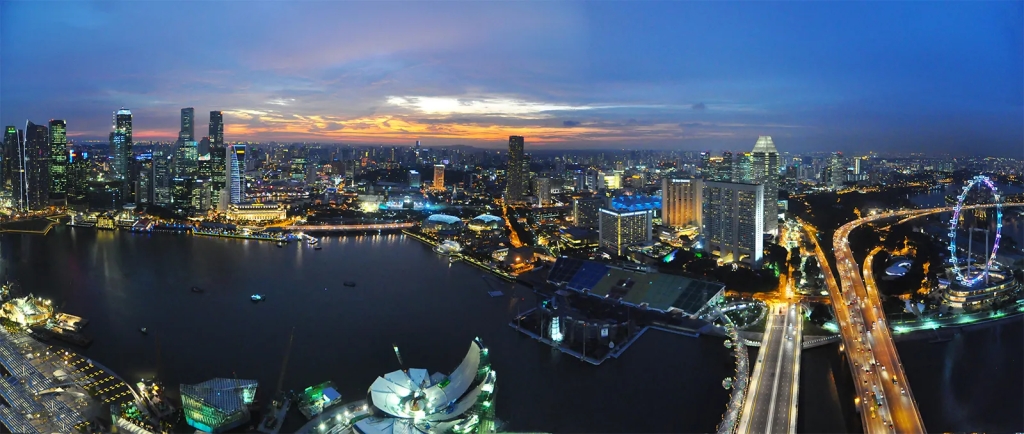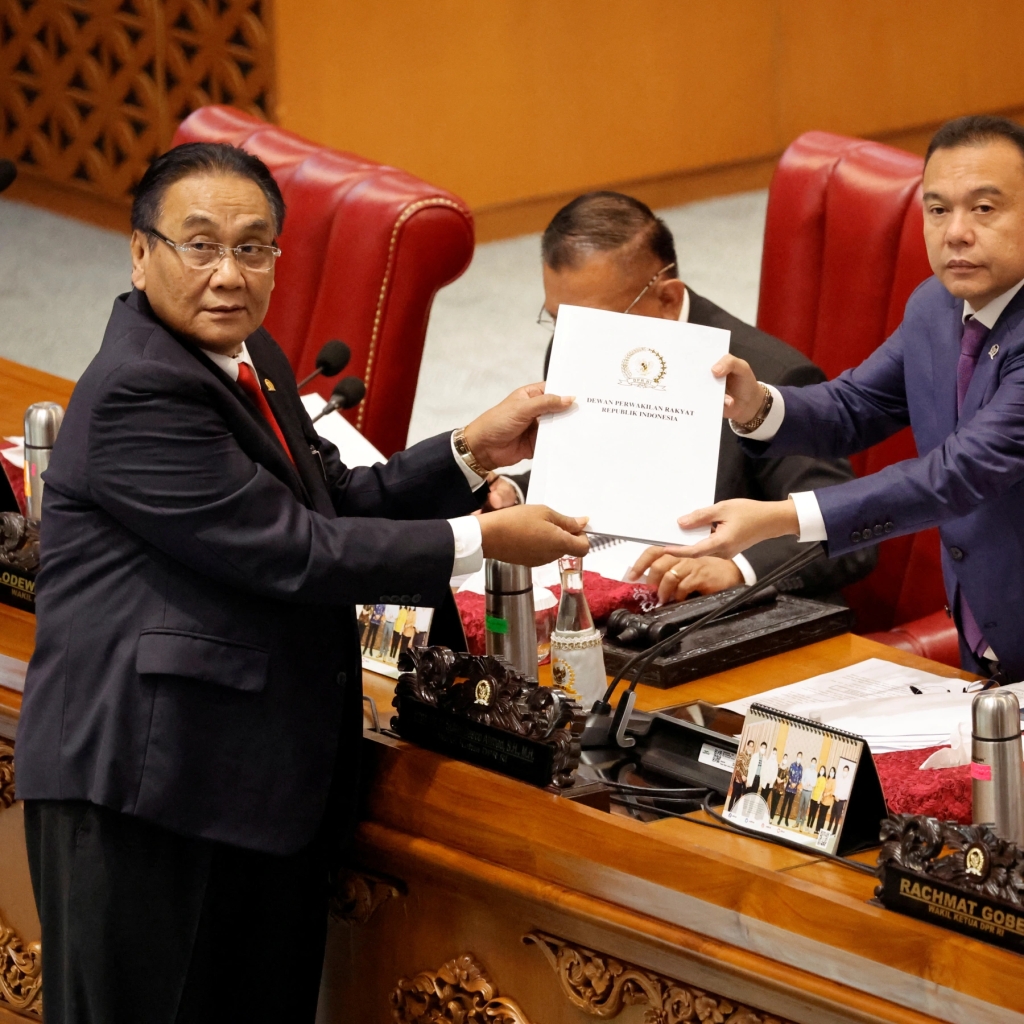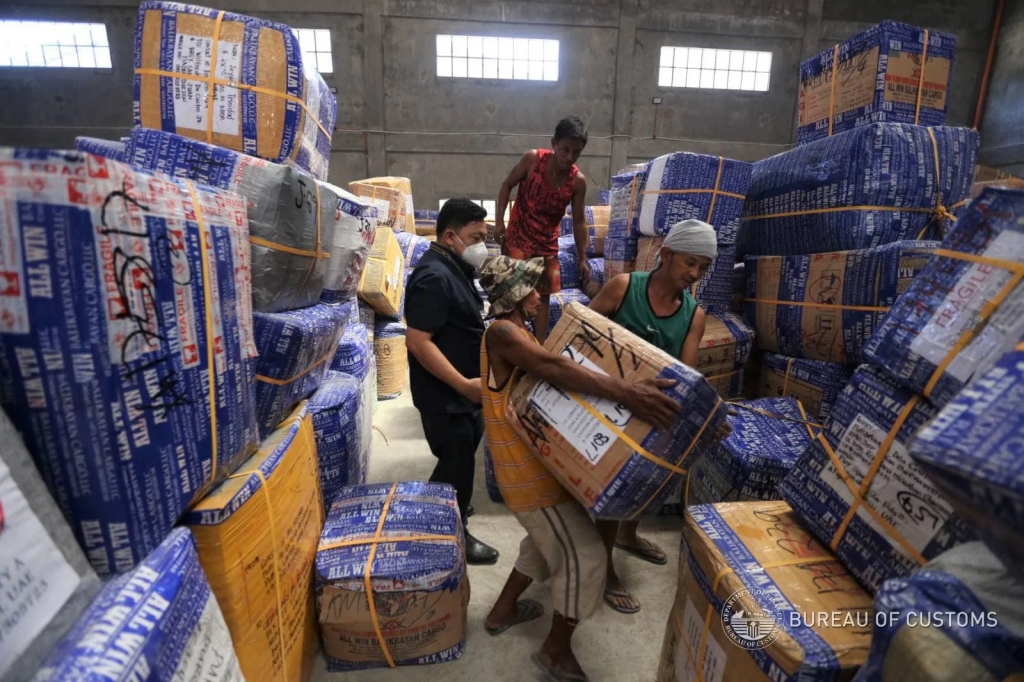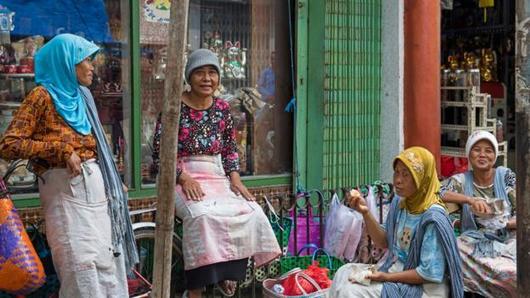
“Chinese individuals now see Singapore as the vessel that can navigate them through a series of expected storms. At the same time, they add, it is becoming an increasingly vital place for outposts of Wall Street and the global financial industry to interact with them. For many years, Singapore has liked to sell itself as the Switzerland of Asia. The new cold war, says one former top official, is finally turning that pitch into a reality. The big question, though, is how far Singapore will tolerate being Switzerland with Chinese characteristics.” SOURCE: Financial Times
Singapore is small, but it is strategically located and tightly linked to all the important players in the region. Singapore (about 75% ethnically Chinese) has played a role in Chinese migration and wealth and more Chinese companies are choosing Singapore as a base of operations. With many companies and countries leery about the Communist party, having a company operating out of Singapore is a safe bet for investors, so investors and Western partners are also choosing Singapore as a politically neutral safe haven for investors. This article nicely outlined the economic and geographic appeal of Singapore that has made it an economic powerhouse.
TAGS: Singapore, economic, SouthEast Asia.









